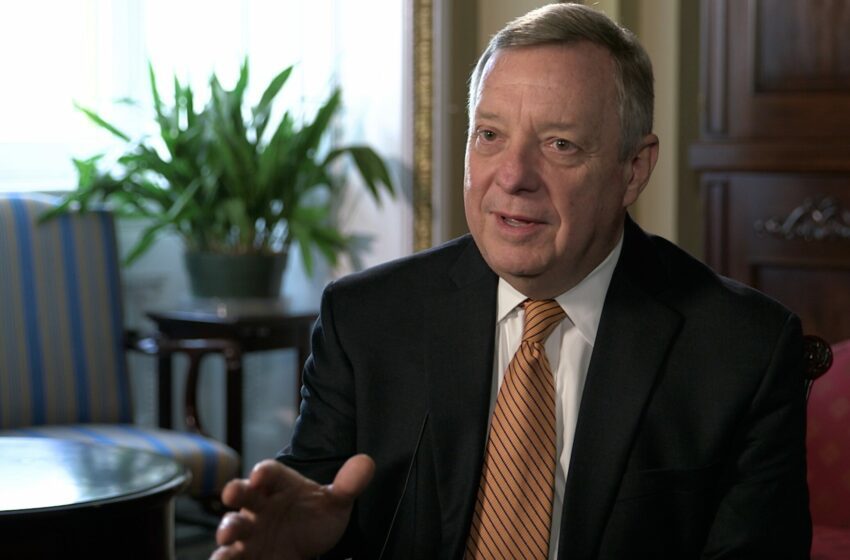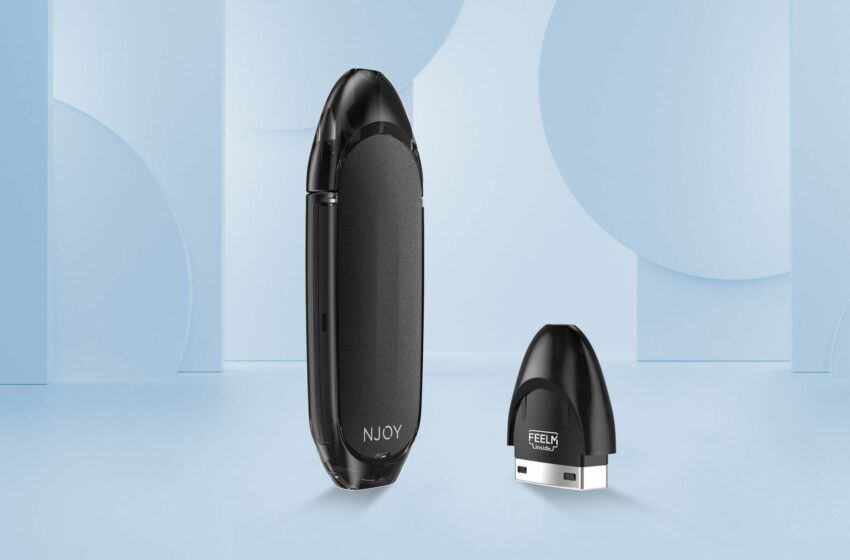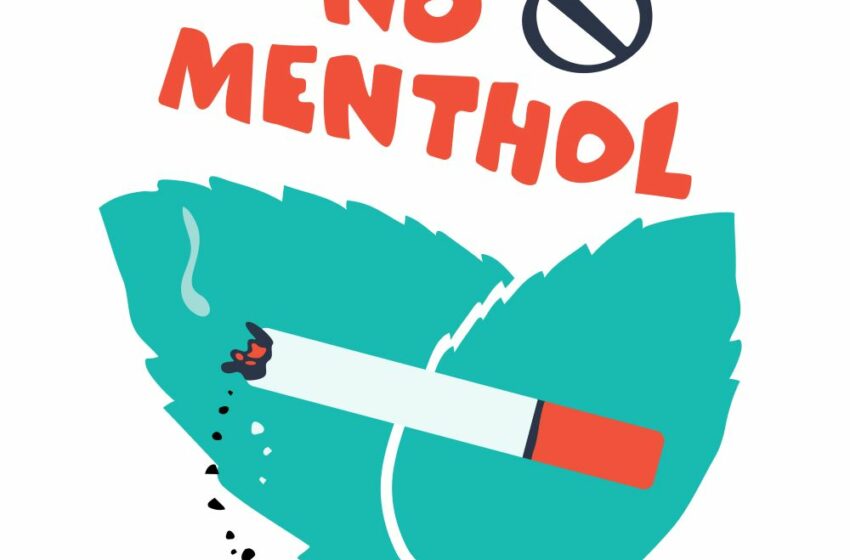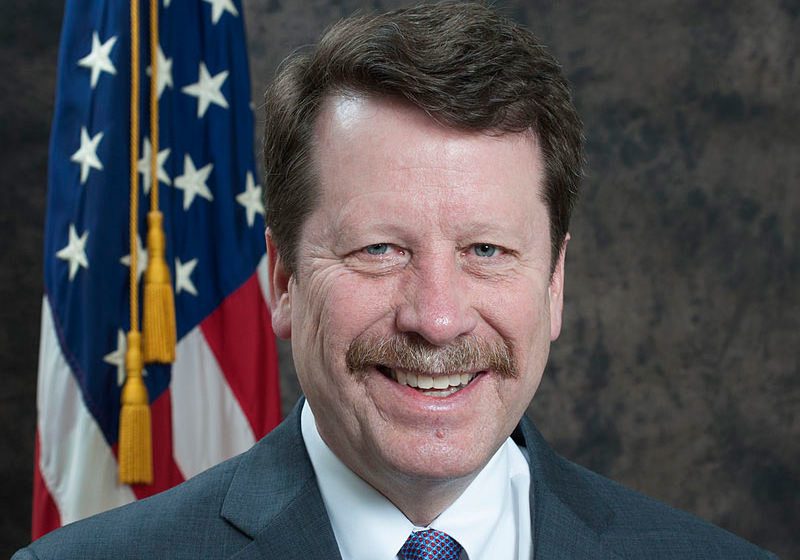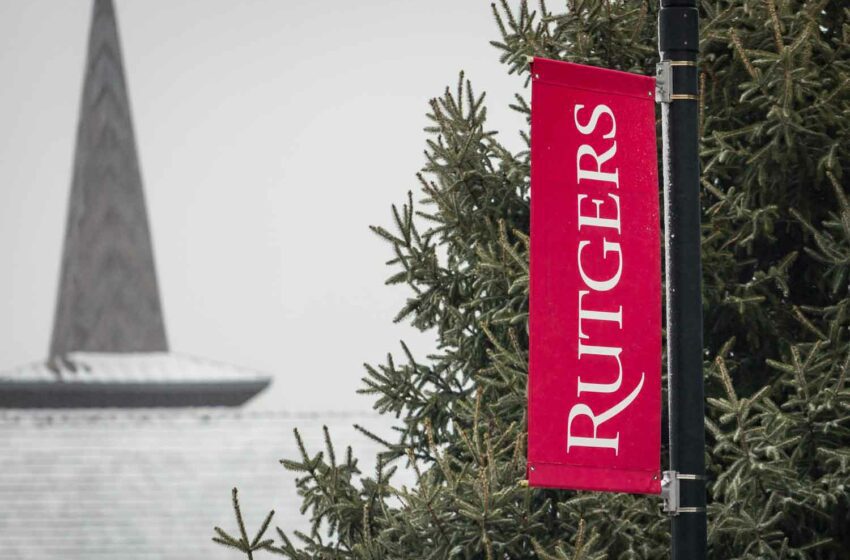Vague definitions and an SE ruling have enabled companies to market ‘mimic menthols.'Read More
Tags :menthol
The U.S. Senator has been a vocal campaigner against youth vaping. Read More
The FDA's decision to authorize Njoy menthol products is a significant step forward.Read More
Citing an "immense amount of feedback," officials declined to provide a new target date. Read More
The litigation is announced as the FDA misses another deadline for its final rule. Read More
123 organizations placed a full-page ad and issued a joint statement on the matter. Read More
Is banning menthol appropriate for the protection of public health?Read More
Almost a quarter of menthol smokers quit in jurisdictions that banned the product. Read More
The FDA boss fears that Biden might abandon the policy to avoid a voter backlash.Read More
Critics say the tobacco industry uses co-ops social justice issues to promote fear.Read More

